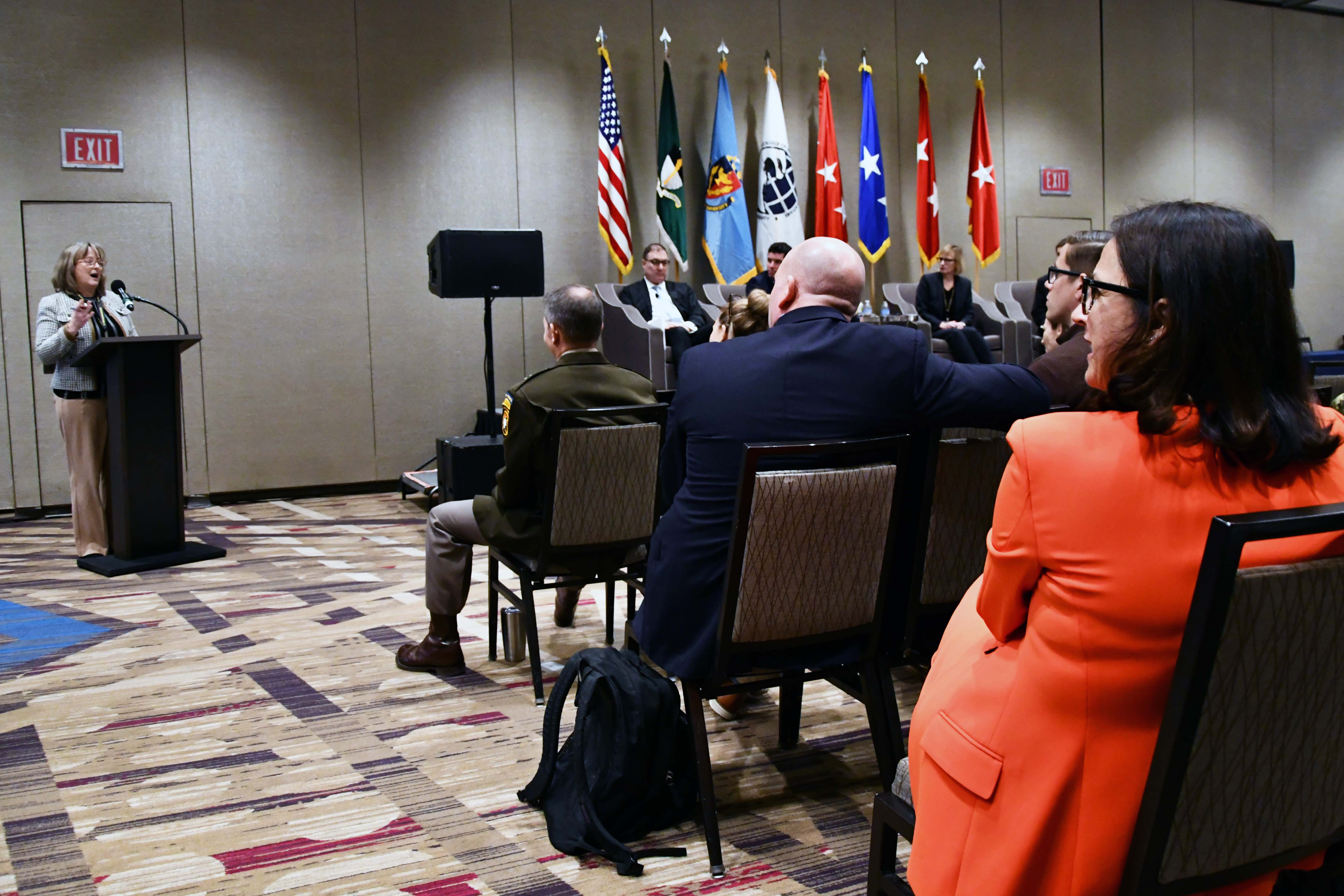Since at least the Cuban Revolution during the Eisenhower administration, the conventional wisdom has been that the U.S. consistently fails in irregular warfare (IW) and that dramatic changes are required to remedy this situation. In the spirit of full disclosure, the Irregular Warfare Center (IWC) is an effort by the U.S. Congress to address the perceived IW crisis. The consensus view is so pervasive that, in a recent irregular warfare planning effort, a retired U.S. Army three-star, turned to this author and said: “maybe if we get this right, we will finally win a war.”





